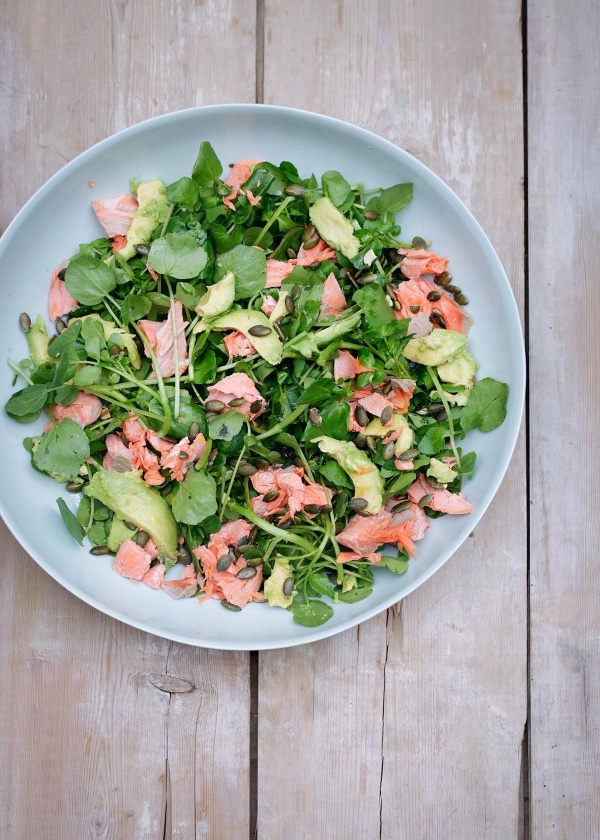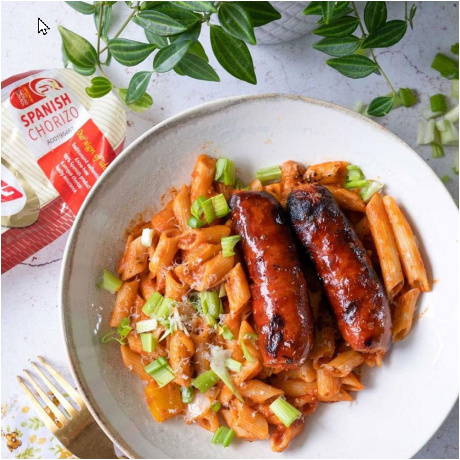Rapeseed Oil
Asked by jack2k6. Answered on 23rd July 2014
Full question
Hi, I was wondering if cold pressed rapeseed oil is any good? Everyone says its good but isn't it the same as vegetable oil? Is there a diffrence between the cold pressed and vegetable types and what can they be used for?
Our answer
Nigella mentions her liking of cold pressed rapeseed oil in the Kitchen Confidential chapter of her book Kitchen. "Cold pressed" rapeseed oil is made by pressing the rapeseeds with a stone or in small quantities. The temperature of the process is limited, usually to around 25c. In Europe oil cannot be termed as cold pressed unless the temperature during pressing stays below 27c, though we understand that the US does not have a legal definition for cold pressed. The advantage is that the oil usually has a strong flavour, Nigella describes it as "gloriously mustardy and nutty", as well as a dark golden colour. Nigella likes to use the cold pressed oil in the same way as you would use an extra virgin olive oil - in dressings, on vegetables and on toast or crostini.
In the UK a lot of the oil sold as "vegetable oil" is made from rapseed. In North America this oil is often known as canola oil. This type of oil is often "expeller pressed". That is the seeds are passed through a machine that exerts extreme pressure on the seeds to extract the oil. As the seeds are put through the machine they tend to heat up to high temperatures (this can help to extract more oil). Sometimes for vegetable oil the seeds are treated with hexane to extract the oil and then heated to a high temperature to remove the hexane. In both cases the high heat tends to change the flavour and colour of the oil. For rapseseed the oil becomes milder in both colour and taste, giving what is known as a "flavourless" oil that is useful for frying, baking and other cooking where the flavour of the oil should not affect the other ingredients.






Tell us what you think
Thank you {% member.data['first-name'] %}.
Explore more questionsYour comment has been submitted.